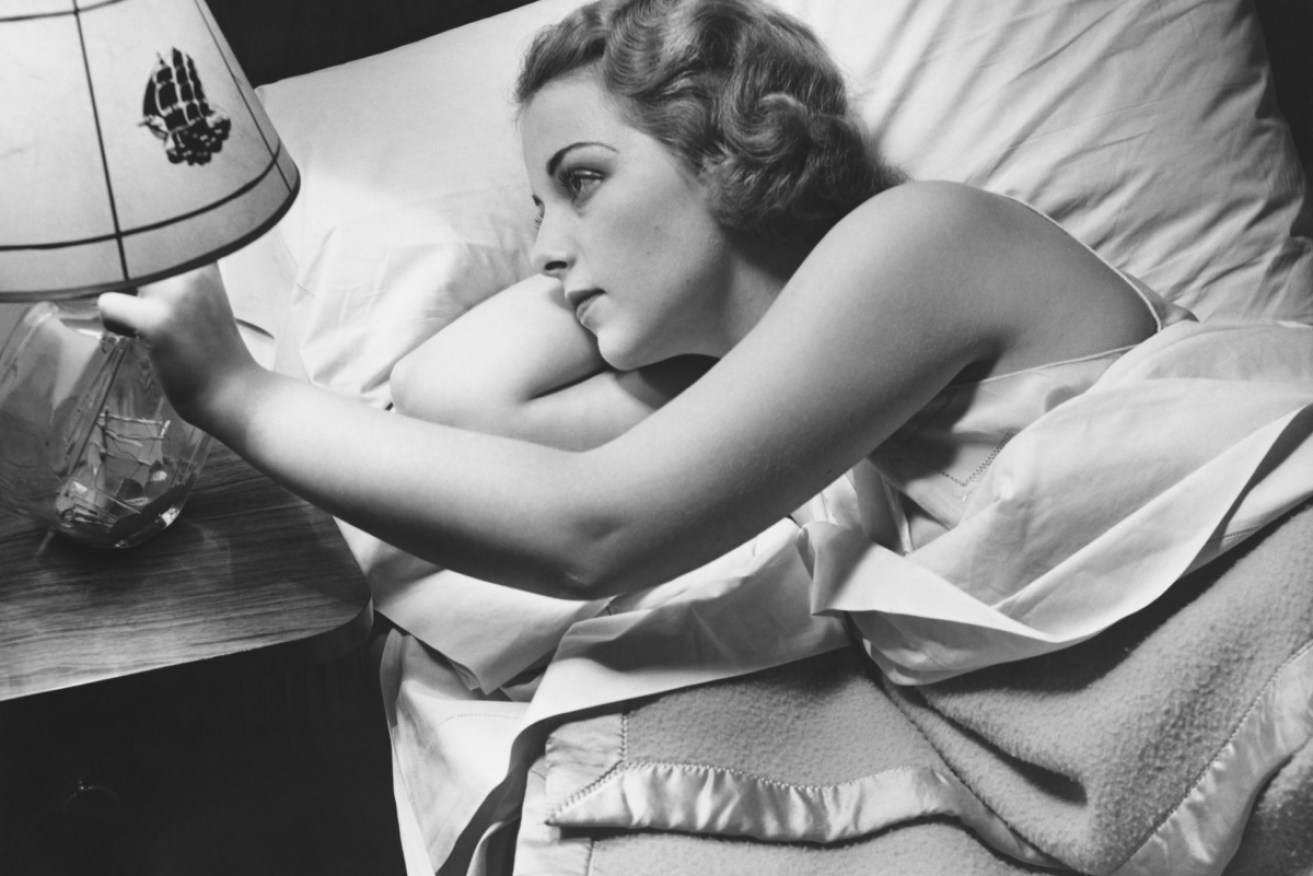‘Not so clever’: Weight Watchers’ raunchy publicity stunt


The campaign plays on the idea that women don't want to have sex with the lights on. Photo: Getty
Weight Watchers has launched a publicity campaign playing on the idea that Australian women don’t want to have sex with the lights on.
The weight loss brand’s Love Yourself campaign includes Weight Watchers-commissioned research that claims half of Australian women avoid getting hot and heavy under lights due to body image issues.
Ostensibly to give women “a boost in the bedroom”, the company sent female journalists a “mood light” to facilitate confidence in the sack.

Female journalists were sent this “mood lit” globe.
“We hope it helps you start seeing yourself in a new light – to love how you look and love how you feel,” reads a note accompanying the low-light bulb.
But the “Love Yourself” tagline has been called out by those who see the campaign as promoting just the opposite.
Advertising veteran and Gruen regular Carolyn Miller said it “was not the most clever PR stunt”, and showed the lengths brands were going to in order to “cut through” to journalists.
And while Weight Watchers told The New Daily the globes were meant to “demonstrate that [the brand] understands women”, a number of recipients have expressed distaste at receiving the package.
Survey paints picture of unhappy women
Weight Watchers’ 2016 Body Confidence Report asked 1029 Australian women over the age of 18 about their body image and sex lives.
The results claimed 39 per cent of women had negative thoughts about their appearance every day, while 61 per cent felt their sex lives had been inhibited by their body image issues.
“The results tell an important story of women who consider sexual wellbeing an important part of their lives, but who feel their body image perceptions can impact their overall lifestyle,” said the brand in a statement.
Weight Watchers senior marketing manager Rebecca Melville said the globe was intended to symbolise confidence, but admitted the personal nature of the campaign had been a risk.
“As you can imagine there have been a number of conversations about this,” she said, noting the brand had thought “really seriously” before embarking on the campaign for its new sexual wellbeing offering.
Ms Miller said it wasn’t exactly a lightbulb moment for the brand.

While she wasn’t surprised by the study’s results, Carolyn Miller did not rate the idea highly.
“I do think it’s clearly a PR stunt, and it’s a bit far out,” she told The New Daily.
“In the greater scheme of things it’s probably not that bad, but it’s not that clever either.”
Ms Miller emphasised the increasing difficulty for brands to convince journalists to open their publicity materials, and the growing need to include a “physical element”.
“It’s not as bad as the time a brand sent butterflies and they arrived dead, but they are making it very personal without knowing what someone’s personal reaction is going to be,” she said.
The Guardian‘s assistant news editor Bridie Jabour posted an image of her light bulb on Twitter, accusing Weight Watchers of exploiting a woman’s most “intimate” and “vulnerable” moments.
The Chaser‘s Dom Knight joined in, saying the brand was simply marketing its product by “targeting people’s self esteem”.
How many people thought this was an okay idea before it arrived on my desk as a piece of PR pic.twitter.com/7tH37yyqsS
— Bridie Jabour (@bkjabour) October 14, 2016
Weight Watchers Black campaign seems to involve marketing the idea fat ppl don't have optimal sex lives & would if they lost weight
— Asher Wolf (@Asher_Wolf) October 14, 2016








